People
Faculty

Jia Miao
Jia Miao is an Assistant Professor of Sociology at NYU Shanghai. Her research examines the impact of urbanization, urban redevelopment, and neighborhoods on social cohesion, health inequality, and subjective well-being in Asia. She also explores the social consequences of homeownership in major Chinese cities using experimental designs. Additionally, she studies the interplay between family and neighborhood dynamics in shaping the well-being of older adults amid rapid population aging in Chinese societies. Her work has been published in Social Forces, Chinese Sociological Review, Social Science & Medicine, Health & Places, Cities, and other journals.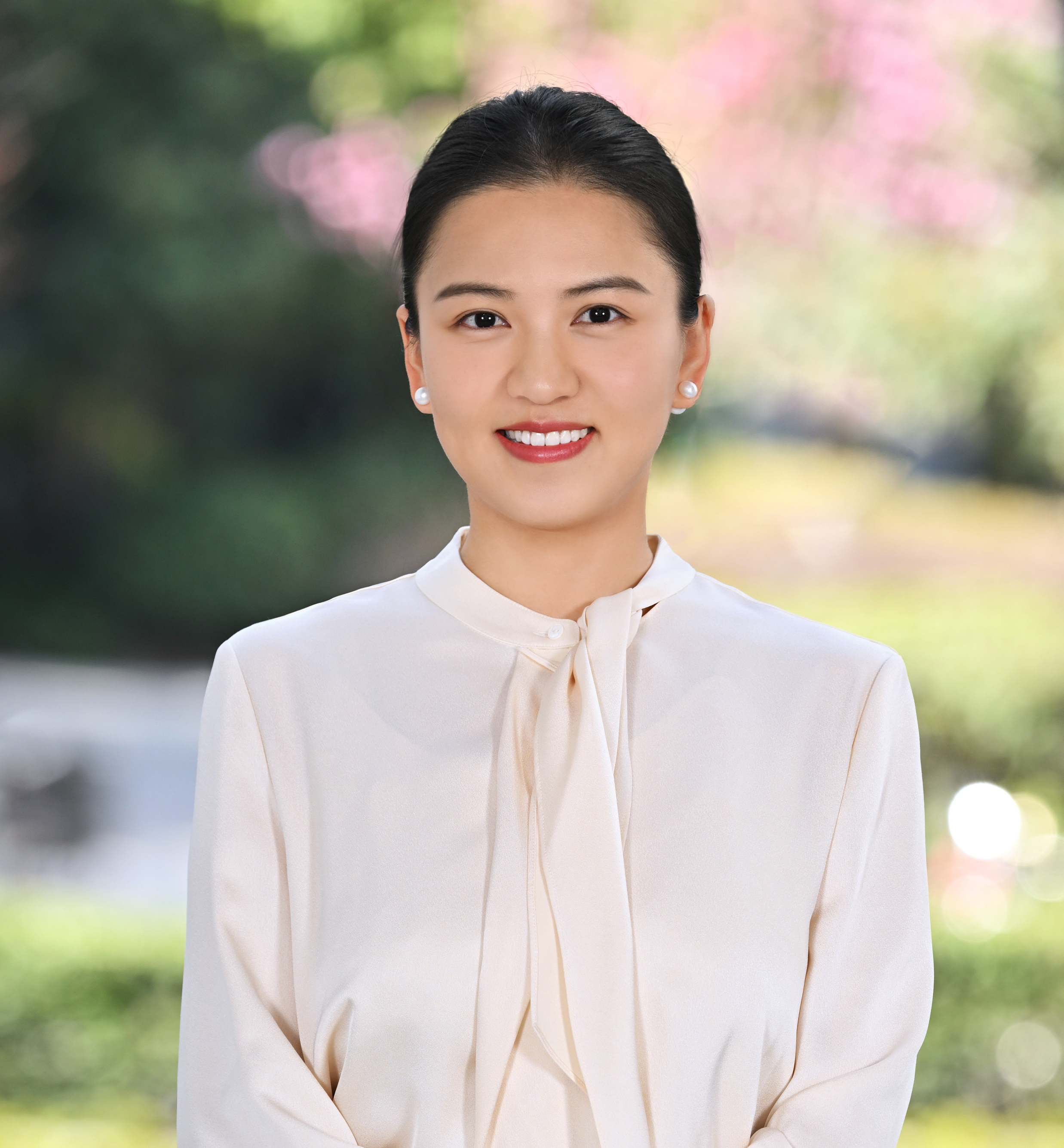
Zixi Chen
Zixi Chen (陳梓曦) is an Assistant Professor of Practice in Computational Social Science at NYU Shanghai, affiliated with the Center for Applied Social and Economic Research (CASER). She is passionate about fostering interdisciplinary collaboration to address societal challenges through computational methods. Trained as a methodologist, her research integrates text-as-data approaches, social network analysis, and quantitative methods to examine human behavior in technology-mediated education and social contexts. She is also dedicated to developing big-and-rich data frameworks that combines the advantages of digital big data and design-based survey data to advance equity in data-driven social science research. Her work has been published in leading journals such as the American Journal of Education and the Journal of Research on Technology in Education.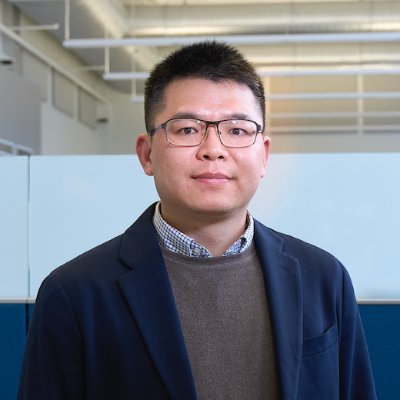
Yongjun Zhang
Dr. Yongjun Zhang is an Assistant Professor of Sociology and the Institute for Advanced Computational Science at Stony Brook University. He is also affiliated with the Department of Asian and Asian American Studies, the AI Innovation Institute, and the Center for Changing Systems of Power.As a computational social scientist, Dr. Zhang leverages large-scale data, natural language processing, and computer vision to investigate social, political, and organizational behavior, focusing on topics such as racial segregation, political polarization, and organizational inequality.His research has been published in leading journals, including American Journal of Sociology, Demography, Scientific Reports, and Humanities and Social Sciences Communications. He is also the co-editor of Computational Social Science: Applications in China Studies and serves on the editorial boards of several journals, including Nature Scientific Data, Journal of Mathematical Sociology, Socius, Social Science Computer Review, and The Sociological Quarterly.Speakers

Chris Bail
Chris Bail is Professor of Sociology, Computer Science, Political Science, and Public Policy at Duke University, where he directs the Society-Centered AI Initiative and co-directs the Polarization Lab. He studies how artificial intelligence shapes human behavior in a range of different settings—and social media platforms in particular.
Yingdan Lu
Yingdan Lu is an Assistant Professor in the Department of Communication Studies at Northwestern University. She is the director of the Computational Media and Politics Lab, and the co-director of the Computational Multimodal Communication Lab. Her research focuses on digital technology, political communication, and information manipulation. She uses computational and qualitative methods to understand topics like the evolution and engagement of digital propaganda in authoritarian regimes and how individuals encounter and communicate multimodal information in AI-mediated environments. Her work has appeared in peer-reviewed journals such as Proceedings of the National Academy of Sciences (PNAS), Political Communication, New Media & Society, Human-Computer Interaction, and among other peer-reviewed journals. She received her Ph.D. in Communication and a Ph.D. minor in Political Science from Stanford University.
Yongren Shi
Yongren Shi is an assistant professor in the department of sociology and criminology, University of Iowa. His research examines how culture, membership, and social networks contribute to stratification and polarization within human groups. He uses large-scale digital trace data and a range of quantitative and computational methods, including network analysis, computational textual analysis, agent-based modeling, machine learning, online experiments, and survey analysis. Professor Shi’s research has appeared in top sociology and science journals, including American Sociological Review, American Journal of Sociology, and Nature Human Behaviour. His work has been covered by dozens of popular media outlets.
Lingfei Wu
Lingfei Wu is an Assistant Professor of Information Science at the University of Pittsburgh. His research leverages big data, complexity science, and AI to advance the Science of Team Science and Innovation. He has transformed prior research in two key ways: first, by introducing the Disruption Index (D-index) as the first metric for scientific breakthroughs, shifting research evaluation from citation-based popularity to disruptive innovation; and second, by uncovering the hidden costs of team collaboration—how large teams can suppress individual creativity and recognition, thus complementing organizational studies that focus mainly on team benefits. His work provides the scientific foundation for funding innovative small teams, as well as informing organizational and policy changes to balance individual and team success in the age of team-based science. Lingfei’s research is widely recognized in Computational Social Science and the Science of Science, with publications in Nature, PNAS, and other top journals. His work has been featured in major media outlets, including The New York Times, Harvard Business Review, Forbes, The Atlantic, and Scientific American. As a thought leader in research evaluation, he has advised organizations such as the National Institutes of Health (NIH), Novo Nordisk Foundation, and John Templeton Foundation. His research and teaching excellence have been recognized with awards including the NSF CAREER Award, Richard King Mellon Award, and Oxford Martin Fellowship.
Xiaoyang Ye
Xiaoyang Ye is an economist at Amazon. He earned his Ph.D. from the University of Michigan and was a postdoctoral researcher in the economics of education at Princeton and Brown. His research focuses on optimizing human decision-making from education to the workforce through causal machine learning and behavioral economics, with a particular emphasis on using randomized experiments to expand educational opportunities for low-income students.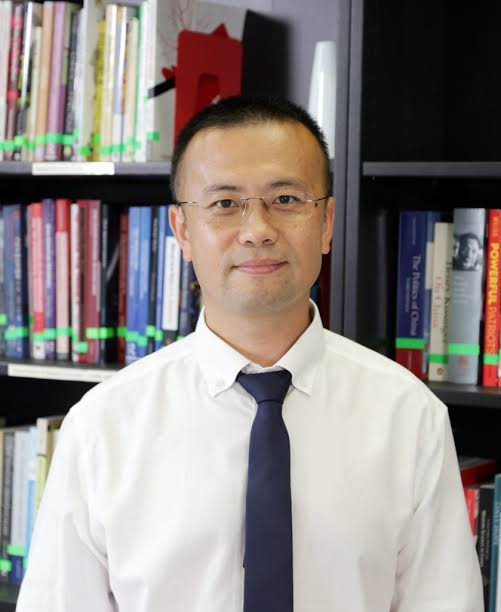
Tianji Cai
Tianji Cai received his PhD degree at University of North Carolina at Chapel Hill in 2010. His research interests concentrate on new forms of data and new methods of analysis. Reflecting on his broad intellectual pursuits, his research topics are diverse, ranging from methodological, such as quantitative methods and data mining, to substantive ones, such as gene-environmental interplay and adolescent health behaviors. He has published widely in leading international journals including American Sociological Review, American Journal of Sociology, Chinese Sociological Review,Demography, Sociological Methodology, Sociological Methods & Research, , etc.Teaching Assistants
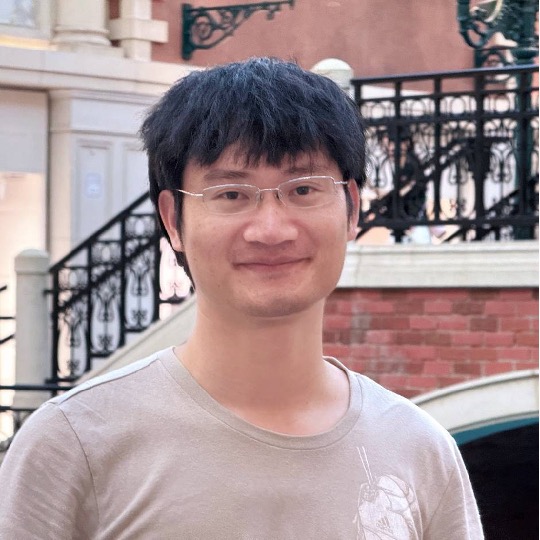
Zhi Li
Zhi Li is a PhD student in the Center for Applied Social and Economic Research (CASER) at NYU Shanghai and in the Department of Sociology at New York University. His research focuses on social inequality, networks, computational social science, and economic sociology. He is currently working on projects examining wealth inequality in the era of financialization and the consequences of network heterogeneity. His work has been published in International Journal for Equity in Health, Social Psychiatry and Psychiatric Epidemiology, Social Indicators Research, and Scientific Reports.
Marco Laghi
Marco Laghi is a PhD student at the Center for Applied Social and Economic Research (CASER) at NYU Shanghai and the Department of Sociology at New York University. His research focuses on stratification and population with a special focus on using computational methods to investigate children's education and healthy development in China and across the world. He applies his work to answer both practical and theoretical questions, such as children's adaptation to climate change and the changing value of education and the family.Participants
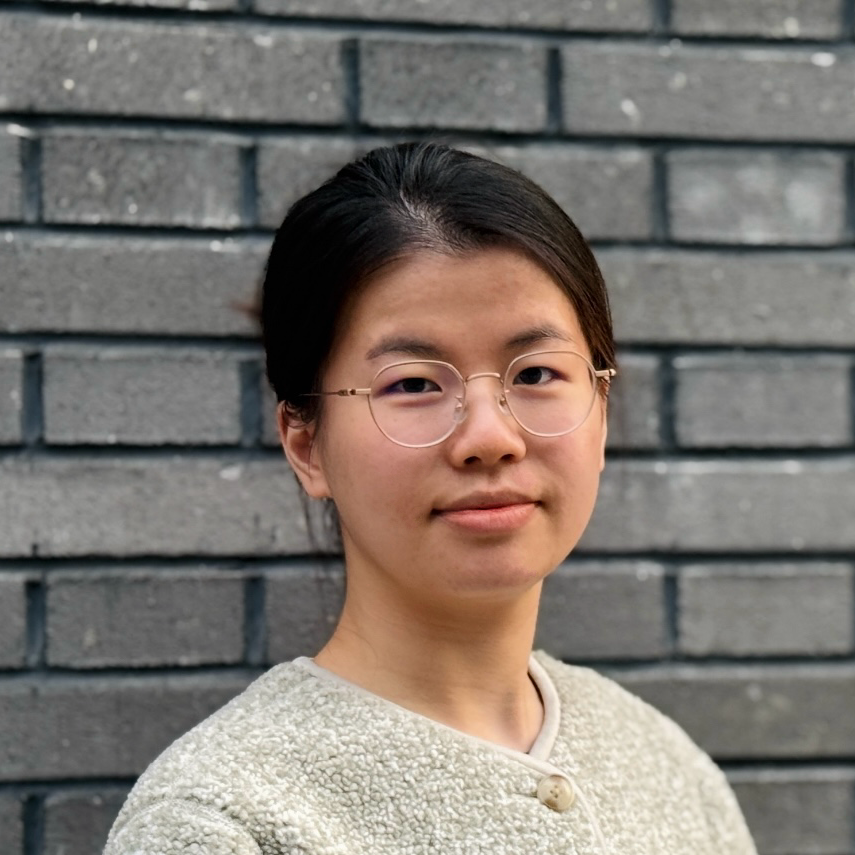
Yirao Chen
Yirao Chen is a Ph.D. student in Sociology at Tsinghua University, where she also earned her bachelor's degree. Her current research focuses on attention capital in the digital age. Previously, she conducted research on parenting styles. Broadly, Yirao's interests include information diffusion, culture, social prediction and simulation, and human-computer interaction. She is passionate about exploring the potential of computational and AI tools in social science research.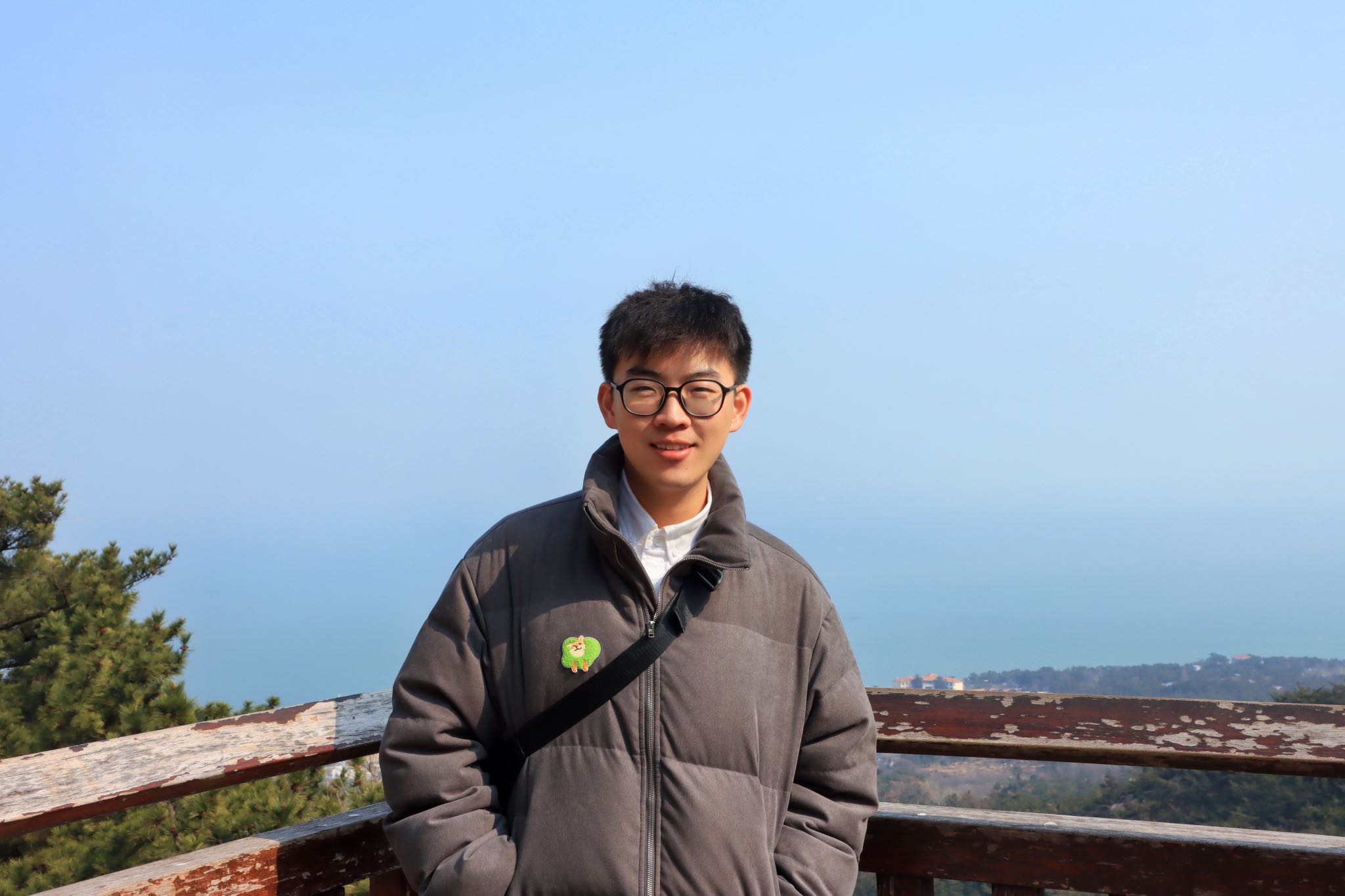
Yin Dou
Yin Dou is a PhD candidate in the College of Architecture and Urban Planning at Tongji University in Shanghai. His research focuses on big data-driven urban spatial analysis, intelligent planning, and rail transit system planning for urban-regional integration. Previously, he was sponsored by the DAAD (German Academic Exchange Service) as a visiting scholar at the Technical University of Munich, Germany. Currently, he investigates regional planning text analysis and multi-scenario planning, with findings published in journals and conference proceedings. Beyond research, he also actively engages in academic communication, serving as a member of the English Website Editorial Committee of the Urban Planning Society of China.
Fan Fu
Fan Fu is a third-year Ph.D. student in the Sociology Department at the University of California, San Diego. His research investigates the role of elites in shaping inequality, with a specific focus on Chinese economic elites. His dissertation applies computational methods—primarily text analysis—to social media data to understand how elite legitimacy is constructed and contested.
Gina Junhan Fu
Gina Junhan Fu is a second-year PhD student in Communications in the joint programme between National University of Singapore and King's College London. Her research interests lie in entertainment education, humour studies and media psychology. Her PhD dissertation, titled "From Stage to Digital Screen: Framing and Reception of Mental Health Narratives in Women's Stand-Up Comedy", explores the potential of using stand-up comedy for mental health communication.
Linghan Ge
Linghan Ge is a PhD candidate in Sociology at the University of Hong Kong. Her dissertation aims to examine how family dynamics shape healthy aging in China from a life course perspective. She is interested in applying computational social science methods, such as machine learning and spatial/network analysis, to study health inequalities.
Yuting He
Yuting He, a PhD student from the School of Journalism and Media at the University of Texas at Austin. She is also a graduate research assistant working at the Center for Media Engagement. Yuting's research specializes in three domains: (1) Language and politics, focusing on the impact of problematic information on politics. Her work in this area includes research on political disinformation consumption behavior, and the computational development of one of the first language classifiers solving the grey zone of divisive political language. (2) Journalism studies, particularly focusing on the precarious conditions of journalistic work, such as female celebrity journalists on social media, and U.S. student journalists covering protests. (3) News production via emerging technologies, such as research on AI-generated news summaries and AI-generated election campaign videos. Methodologically, Yuting uses computationally driven mixed methods to answer her research inquiries and further broaden her research imagination within these three domains.
Peichen Hu
Peichen Hu is a PhD student at the School of Journalism, Fudan University. His research focuses on computational communication and human-machine communication. His current research concerns public perceptions of AI anchors and the diverse forms of human-machine relationships that emerge from them, utilizing large-scale text mining techniques and multimodal analysis methods. In the future, Peichen aims to further explore the application of computational social science methods in intelligent communication contexts and contribute to the development of theoretical frameworks.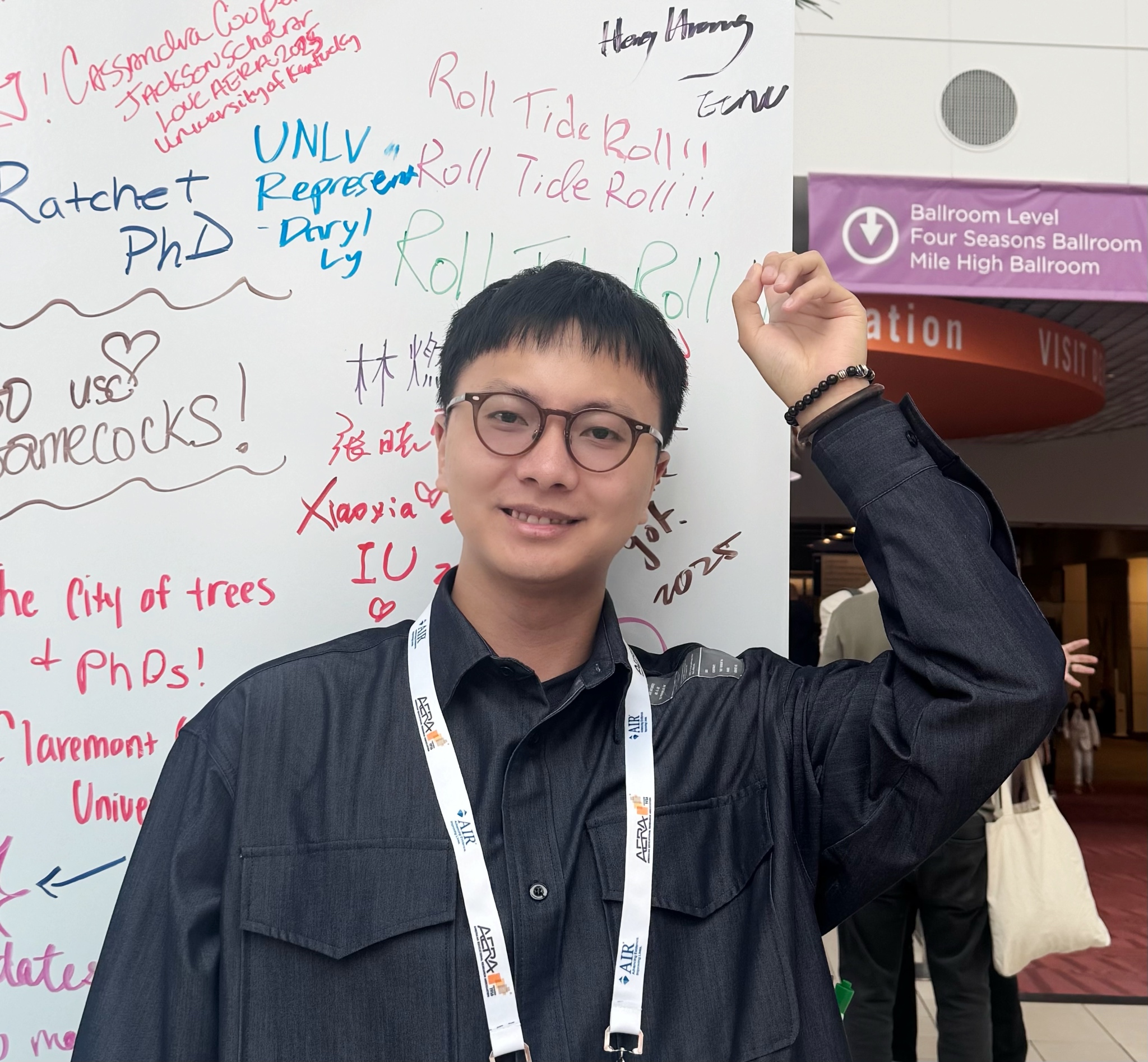
Heng Huang
Heng Huang is a PhD student in the Faculty of Education at East China Normal University. His research interests lie in the economics of education, where he uses advanced quantitative methods to better understand and support holistic educational equity. Currently, he is working on how AI influences the labor market outcomes of college graduates.
Wenjing Huang
Wenjing Huang is currently pursuing a PhD in the Innovation, Policy, and Entrepreneurship Thrust in the Hong Kong University of Science and Technology (Guang Zhou). He holds a Bachelor's degree in Physics from Beijing Jiaotong University and a Master's degree in Urban and Real Estate Economics from the Shanghai Academy of Social Sciences. His research interests include computational social science, scientometrics, complex systems, urban studies, economic geography, and social computing methods. Currently, his research is divided into two tracks: Track 1: The intersection of network science and economic geography (covering both scientometrics and urban science). Track 2: Social computing methods. He leverages a range of advanced research methodologies, including LLMs(large language models), GNNs(graph neural networks), machine learning, spatial econometrics, text analysis, network analysis, and agent-based modeling. Email: whuang923@connect.hkust-gz.edu.cn
Xiwen Huang
Xiwen Huang is an incoming second-year Ph.D. student in Sociology at Washington University in St. Louis. She holds a master's degree in Quantitative Methods in the Social Sciences (QMSS) from Columbia University. Her research focuses on labor market inequality, particularly at the intersection of race, gender, and class in the U.S. high-skilled workforce. Her MA thesis at Columbia University used data from the Minority Corporate Counsel Association (MCCA) to examine systemic discrimination in the U.S. legal profession and to evaluate the impact of existing diversity initiatives. Drawing on this work, she continues to explore how informal hiring mechanisms—such as employee referrals and social networks—can reproduce inequality, even under formal diversity efforts. Xiwen integrates computational methods, including natural language processing (NLP), social network analysis, and audit designs, into her broader mixed-methods research. She has also contributed to projects involving the United Nations, where she used NLP to evaluate whether development reports reflected marginalized voices. As someone who transitioned from a humanities and social science background into computational social science, Xiwen is committed to supporting underrepresented students, especially women, in building technical skills for academic and professional advancement. After completing her Ph.D., she hopes to continue researching inequality as a professor, research scientist, and social advocate.
Yifei Huang
Yifei Huang is a Ph.D. student in Sociology and a Master's student in Data Science at Brown University. His research focuses on inequality, family, gender, and demography, using quantitative and computational methods.
Antao Li
Antao Li (李桉涛) is a Ph.D. student in Sociology at Fudan University. His research focuses on social stratification, labor markets, and computational social science. He has led the development of the China Socio-Economic Index (CSEI) and the China Labor Market Dynamics Data (CLMD), with work spanning web scraping, natural language processing, and statistical modeling. He is currently investigating how institutional contexts shape access to employment through cross-national comparisons of online job data.
Chenxi Li
Chenxi Li is an incoming DPhil student in Sociology at Nuffield College, University of Oxford. She holds an MPhil in Development Studies from the University of Cambridge and a BSc in Social Policy from the London School of Economics. Her research focuses on educational mismatch in China, examining how structural inequalities shape school-to-work outcomes and social class mobility. With a strong background in quantitative methods, she is particularly interested in exploring computational social science techniques and how they can be integrated into educational and labour market research.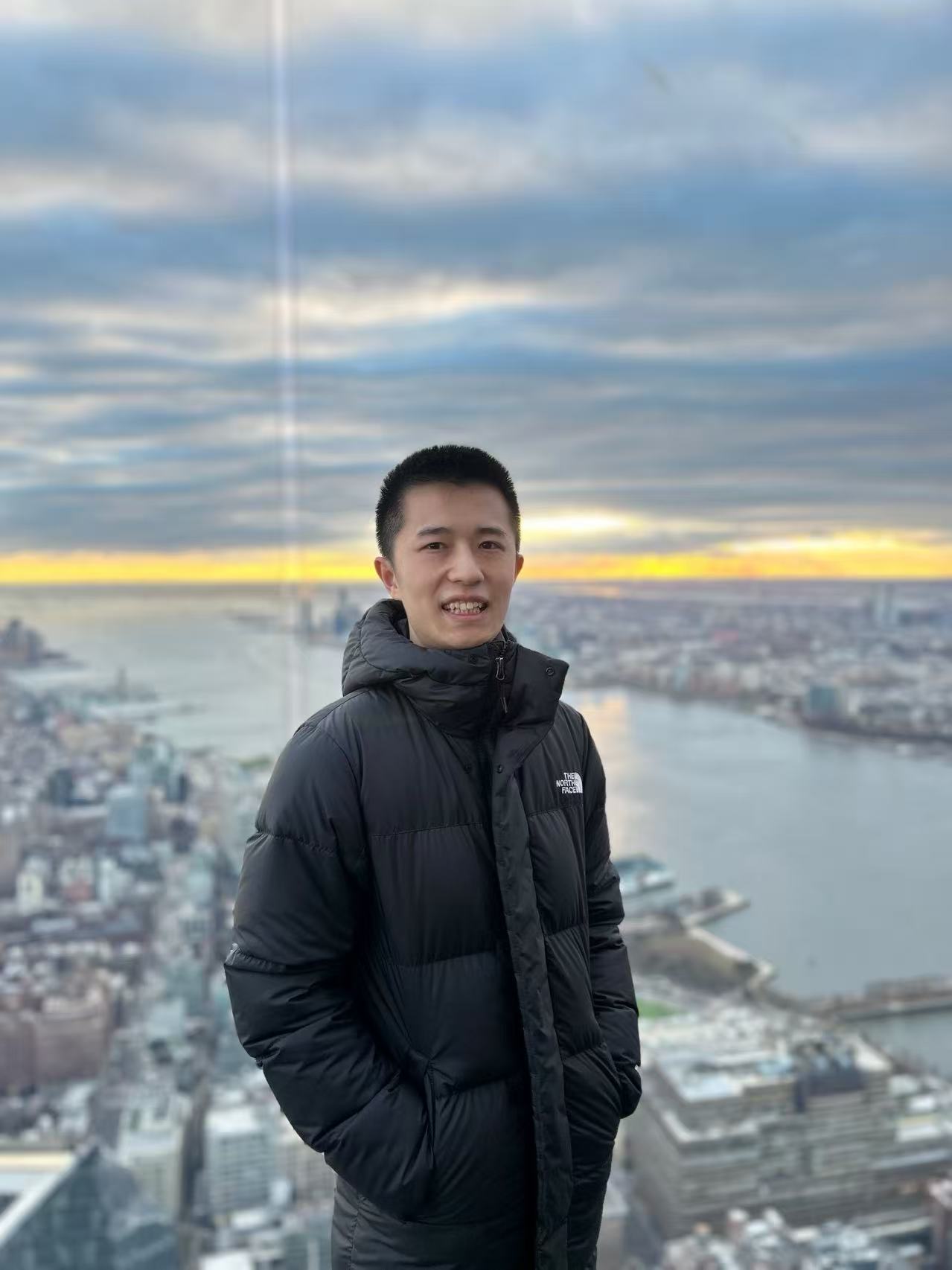
Yiran Liu
Yiran Liu is a graduating MS student in Applied Economics and Management at Cornell University. His research focuses on quantitative marketing. Yiran will begin his PhD in Marketing at University College London in Fall 2025. He is passionate about using data-driven methods to study firm expansion and public policy. Contact: liu379479@outlook.com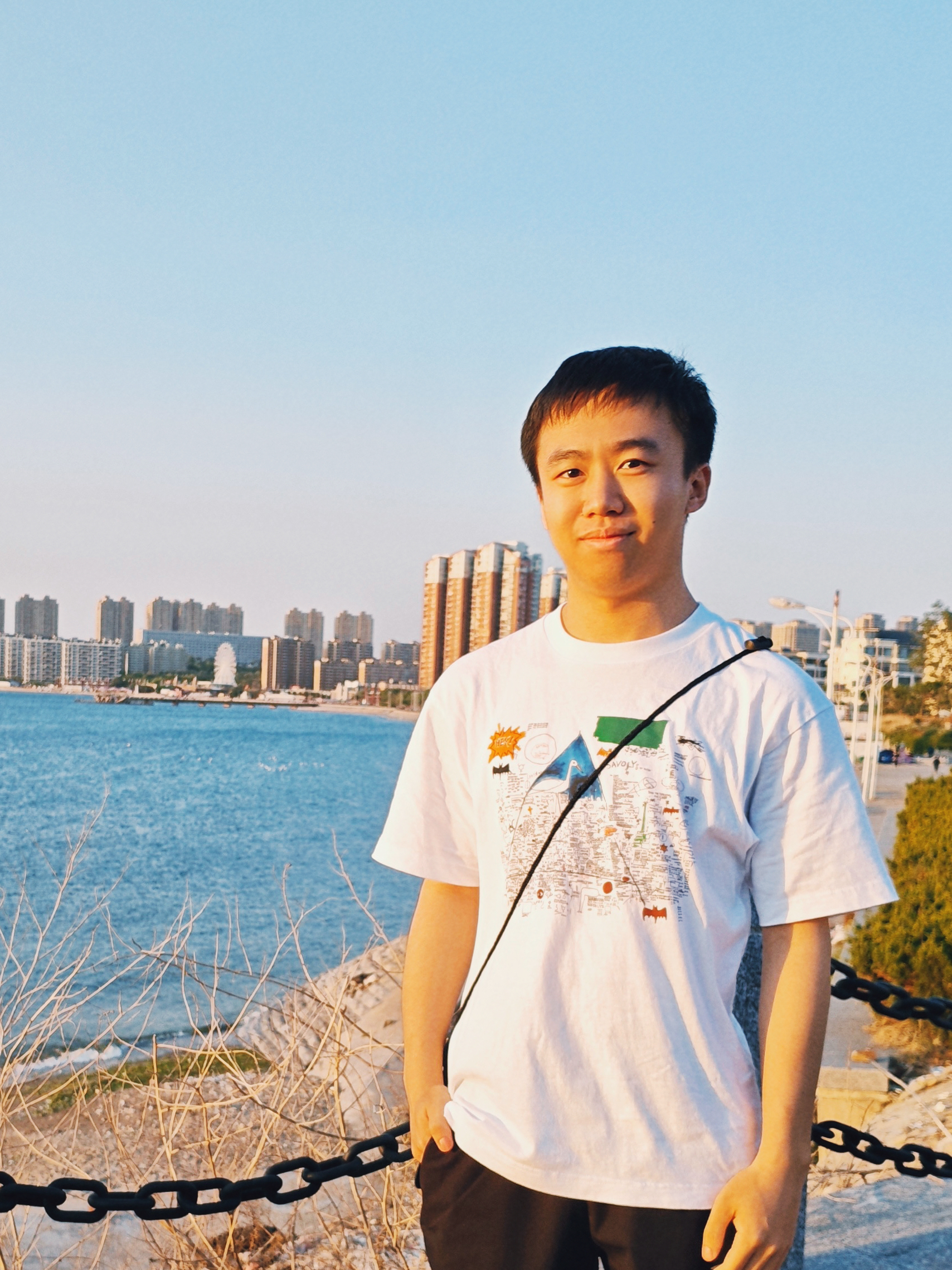
Songxuan Luo
Songxuan Luo is an MSc student in Global China Studies at the Hong Kong University of Science and Technology. His research is situated at the intersection of higher education, media studies and critical discourse analysis, as well as machine learning-based causal inference. His research aims to integrate computational social science methods into traditional causal inference techniques, while moving beyond traditional approaches by combining multimodal data such as text, images and networks.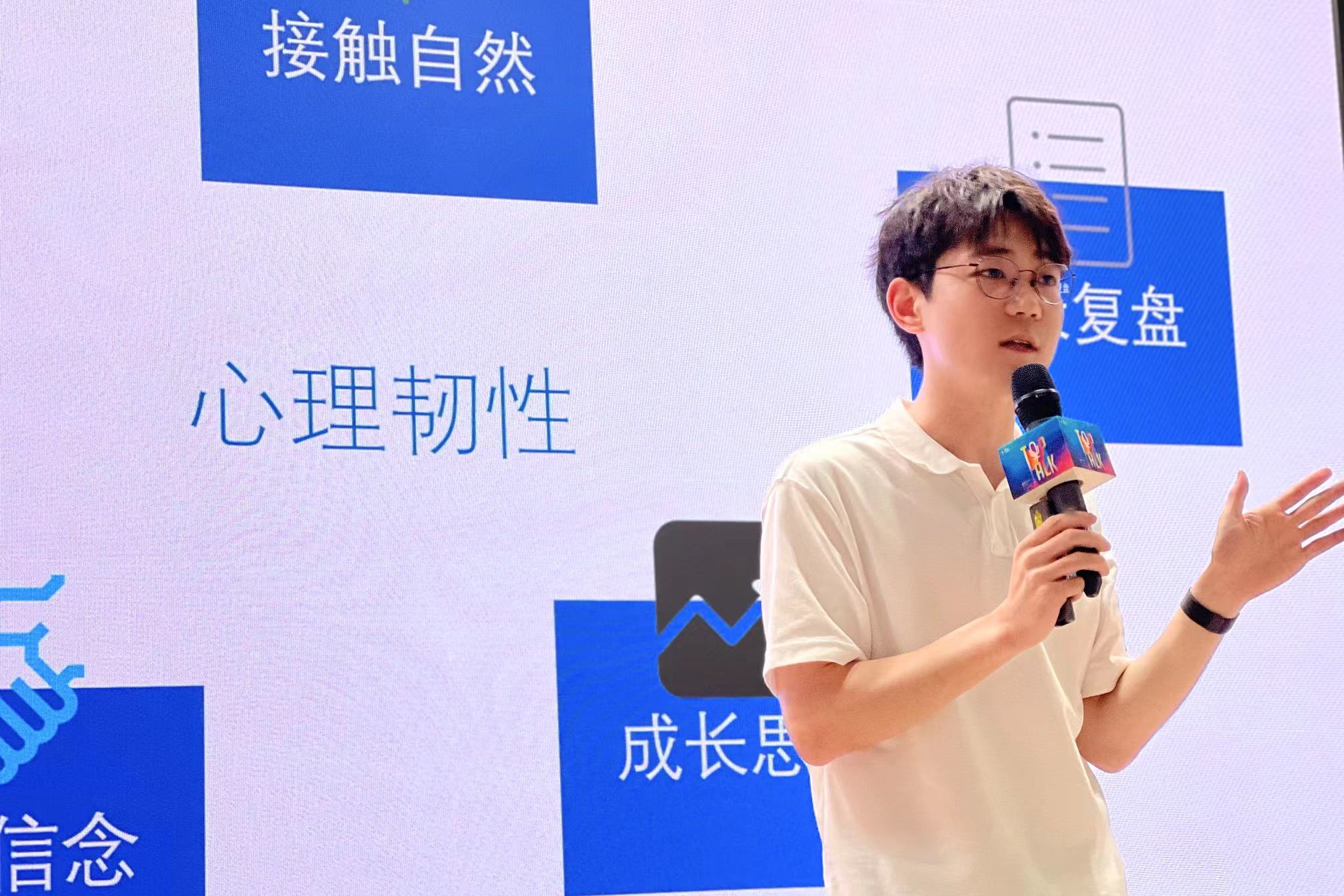
Jiaxin Shi
Jiaxin Shi (Bill) is currently an assistant professor working at the South China Normal University. As a social psychologist, he is interested in how people are influenced by multiple social contexts. Specifically, he studies dehumanization, heroization, gratitude, and broadly moral behavior.
Qingqing Shi
Qingqing Shi (史清清) is a Ph.D. candidate in Public Policy and Management at Tsinghua University. Her research centers on the policy process, bureaucracy, and intergovernmental relations. She employs a diverse set of computational methods to deconstruct complex policy documents into standardized components, aiming to enhance the understanding of policy styles and performance across countries. Her work seeks to make policy improvement more data-driven and context-sensitive. Beyond research, she is also passionate about promoting data transparency in social science research in China.
Yujia Wang
Yujia Wang just graduated from NYU Shanghai with a B.A. in Social Science (Urban Studies track). Her research interests lie in computational social science, with a specific focus on analyzing urban mobility, gender accessibility, and public transportation through text mining techniques. In the future she aims to develop data-driven policy solutions for urban planning and transportation equity and plans to pursue a PhD.
Zeqiang Wang
Zeqiang Wang is a Ph.D. Candidate in the Faculty of Engineering and Physical Sciences at the University of Surrey, where his research focuses on Natural Language Processing (NLP) for Longitudinal Social and Biomedical Science Datasets. His work involves developing and applying computational methods, including information retrieval and semantic analysis, to understand social dynamics and health-related trends from large-scale text data, such as social media and survey responses. Additionally, he collaborates with University College London (UCL) on research related to CLOSER (Cohort & Longitudinal Studies Enhancement Resources), focusing on formulating research questions and proposing methodologies for inter-disciplinary problems within longitudinal studies. He is passionate about leveraging NLP to extract meaningful insights from complex datasets and is eager to contribute to and learn from the computational social science community at SICSS.
Xinyue Wu
Xinyue Wu is a Ph.D. candidate in Sociology and M.S. student in Statistics at Washington State University. Her research focuses on population health, demography, and life course processes, with a strong emphasis on causal inference and computational methods. She applies quasi-experimental designs and machine learning tools to investigate how structural and individual-level factors shape health trajectories over time. At SICSS 2025 NYU Shanghai, Xinyue is excited to deepen her computational skills and collaborate with scholars exploring innovative approaches in social science research.
Ruoting Yang
Ruoting Yang is currently pursuing a Master's degree in Computational Social Science at the University of Chicago. His research interests lie at the intersection of political communication, digital subcultures, and computational methods. He is particularly interested in applying network analysis and NLP to examine ideological communities and public discourse on Chinese social media. Ruoting holds a Bachelor's degree in Media, Culture, and Communication from New York University.
Qinyang Yu
Qinyang Yu is a first-year M.S. student in Economics and Computation at Duke University. He earned his bachelor's degree in Economics with a Mathematics minor from the Chinese University of Hong Kong, Shenzhen. His research interests lie in the interplay of beliefs, information, and behavior across diverse social structures and institutional systems. His current work integrates computational and quantitative methods, including social network analysis, experimental design, game theory, and causal inference. He is also exploring NLP and generative AI, particularly for their applications in social media research.
Zhan Yu
Zhan Yu is a Ph.D. candidate in Social Work and Social Policy at East China Normal University and a visiting doctoral researcher at the School of Social Work, University of Michigan. His research focuses on aging, digital inequality, and the application of computational methods in social policy analysis. Zhan has published in journals such as Research on Social Work Practice and the Journal of Gerontological Social Work, and has participated in national research projects addressing digital inclusion among older adults in China. His current work explores the use of text mining, topic modeling, and machine learning to evaluate digital policies and technology interventions. At SICSS-NYU Shanghai, he looks forward to further developing computational skills and collaborating with scholars who are passionate about using data science to address pressing social issues.
Donglin Zeng
Donglin Zeng is an Assistant Professor in the School of Philosophy and Social Development, South China Normal University, Guangzhou, China. His research interests include neighborhood effects, segregation, geographic information system (GIS), and GeoAI. He applies spatiotemporal approach to capture exposure to social events in the residential neighborhoods and study the social consequences of exposure on the well-being of individuals. His work has previously appeared in Social Forces, Social Science & Medicine, Journal of Ethnic and Migration Studies, and Health & Place.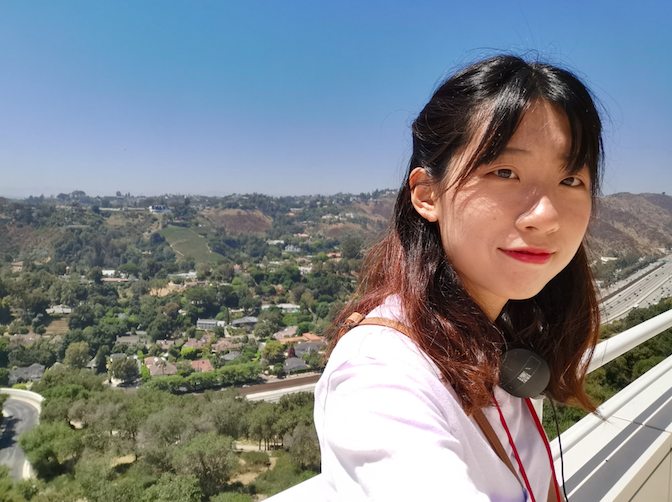
Zoey Zhang
Zoey Zhang is an incoming PhD student in sociology at Stony Brook University. Her research interests lie at the intersection of cultural sociology, social transformation, computational social science, and quantitative analysis. She is currently focusing on studying identity formation under modernity, specifically, how the dynamics between national and local identities shift in the digital age under policy intervention, by leveraging computational text analysis methods.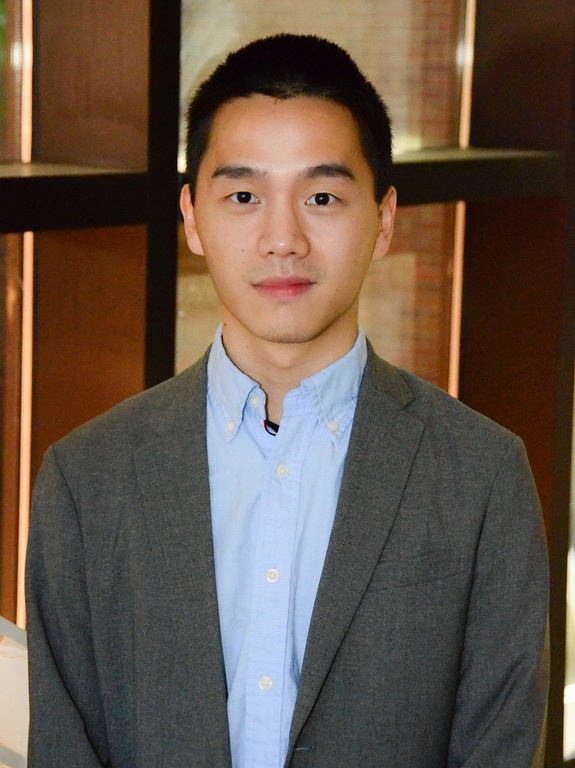
Kai Zhao
Kai Zhao is a Research Assistant Professor at the School of Graduate Studies, Lingnan University. Prior to joining Lingnan he was a research faculty at the Center for Postsecondary Success at Florida State University. He earned his PhD in Higher Education and Student Affairs from the Ohio State University. Dr. Zhao's research focuses on higher education policy and internationalization of higher education, with a particular emphasis on mainland China. His work has appeared in Higher Education, Studies in Higher Education, Higher Education Research & Development, AERA Open, Compare, and other academic journals. He is currently leading a GRF project on the implementation and consequences of China's research evaluation reform.
Jingwei Zheng
Dr. Jingwei Zheng is an assistant professor in the Department of Communication Studies, School of Journalism and Communication, Xiamen University. He obtained PhD in Communication Studies from Nanyang Technological University and M.Phil from Hong Kong Baptist University. He focuses on examining the political communication process in Asian contexts and the psychological factors (e.g., moral orientations) that shape such effects. His second research theme is related to the effects of information technology evolution on human-computer interaction, society, and politics. He has published multiple articles in communication or psychology journals. His work has also been recognized with best paper awards by International Communication Association and Association for Education of Journalism and Mass Communication.
Shuyan Zhou
Shuyan Zhou is a master's student in the Department of Sociology at Columbia University. Before joining Columbia, she earned her bachelor's degree in sociology from Renmin University of China. Her research interests are at the intersection of gender and sexuality, cultural sociology, and science and technology studies (STS). Shuyan's primary work focuses on how scientific expertise is strategically used to negotiate gender classification in legal cases involving transgender athletes. She is also interested in reconciling Bourdieu's theory of symbolic power and feminist standpoint theory to understand gender inequality in sports. She uses both qualitative and quantitative methods for research.
Xinyue Zhou
Xinyue Zhou is a PhD student at the Department of Educational Administration and Policy, the Chinese University of Hong Kong. Her research interests include the emotions of teachers and parents, teacher AI literacy, and the ethics of artificial intelligence in education.